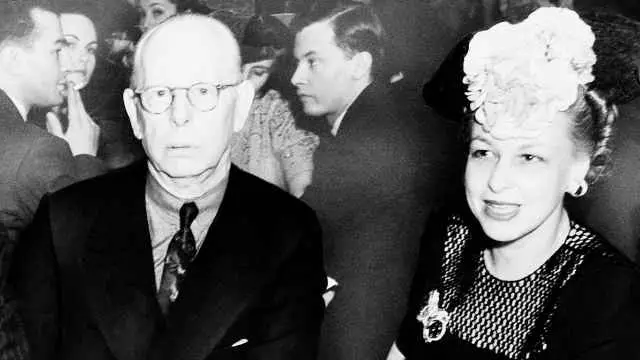
The simplest and most common scheme of fraud with shares is called "pumping and reset". It consists of three stages. Someone cheaply buys shares; distributes false messages, convincing that they should grow; And when they grow up, sells before the lie will be disclosed and the price will fall. Such actions are illegal.
But what if we remove from this scheme a middle link - lie? If, instead of scattering with false statements, our offender will begin to shout to everyone who wants to hear it: "If we all buy these cheap stocks, they will rise in price and we earn money"?
I am writing about it now, of course, because of Reddit, Gamestop and Robinhood.
And, of course, the third stage should still happen. When everyone is selling Gamestop shares to fix profits, the price will fall, and some will incur large losses. Our violator does not deny the possibility of this. "This is a dangerous game. It is better to do everything in the right moment, "he says.
It seems that this kind of manipulation shares is unlikely to be successful, but in the past such a scheme has already been implemented. The most famous financier who used it was Jessie Livermore, who was considered the greatest trader of the first decades of the twentieth century. And his artistic biography of "Memories of the Exchange Speculant", where he acts as Larry Livingston, is perhaps the best of ever written books about the stock market.
In "Memories", it tells how Livermore organized the "pools" in the 1920s. They consisted of secured shareholders, often corporate insiders who wanted to sell large share packets on the stock exchange. They began to actively trade with shares with each other, creating the impression that these papers enjoy high demand and grow in price, thereby attracting speculators. When the excitement arose, the pool participants "merged" their shares to other bidders.
Livermore was so good trader that the pools often hired it to implement their plans in exchange for a large share in profits. No matter how surprisingly, the presence in the high-class manipulator scheme has increased the likelihood that speculators will take part in this game. The newspapers reported that Livermo leads such a pool and its shares will grow, - no misleading. "After everything is said and done," said Livermore, "the greatest advertising agent around the world is an exchange telegraph device."
All this was before the adoption of the Securities Trade Act in 1934 it seems that Section 9 of the Law was written specifically for Livermore. He prohibits "to encourage to buy or sell any security", arguing that its price "will most likely grow or fall as a result of market operations carried out in order to increase or reducing the price of this security." That is, it is impossible to "pump" the stock prices only for the sake of "pumping", as Livermore did (he just called "market operations"). Introduction is not a mandatory manipulation element.
If the participants of the WallStreetBets forum in the Reddit social network say: "Let's all together pump the price of Gamestop shares," be it for the purpose of changing the losses of large funds playing down, and make them close the position, buying paper, or in order to Just earn, there is a chance that they thus violate the law. The word "encourage" a few tricks contained in the law (there is a major lawyer - a specialist in securities laws): The question is whether the WallStreetBets participants used their transactions to carry out other transactions. However, the spirit of the law is clear enough: this kind of game is not allowed.
At the same time, many laws adopted with good intentions are not used in practice - and harmoniously. Is it worth it in the same way and in this case? In favor of this approach, you can bring two arguments.
The first: if you allow the stock market to turn into a clean, autonomous speculation that is not related to the value of companies whose shares are addressed on it, it will turn out other companies from the market that would like to accommodate it. As a result, the market will not be able to fulfill its goal - to form and distribute capital. But this argument does not seem convincing, given the long history of the coexistence of the secondary market, at which speculative skulls occur from time to time, and the market of successful primary accommodation. If wild speculations were destructive for capitalism, capitalism would die century ago.
The second argument lies in the fact that retail investors involved in this madness can suffer greatly. Be sure to suffer, beyond any doubt. GameStop shares will greatly fall, because the company is not as valuable to justify such quotes. The question is which way to dare investors from dangerous behavior is more effective - to make some species of speculation illegal or allow some speculators to open in front of the public. In general, I would have performed for the second option if the rules (such as increased requirements for warranty support, etc.) to protect the market as a whole from falling.
Livermore would probably agree with me, be alive. But he died almost in poverty, ending with him in 1940
Translated Mikhail Overchenko
The author's opinion may not coincide with the position of the VTIMES edition.
